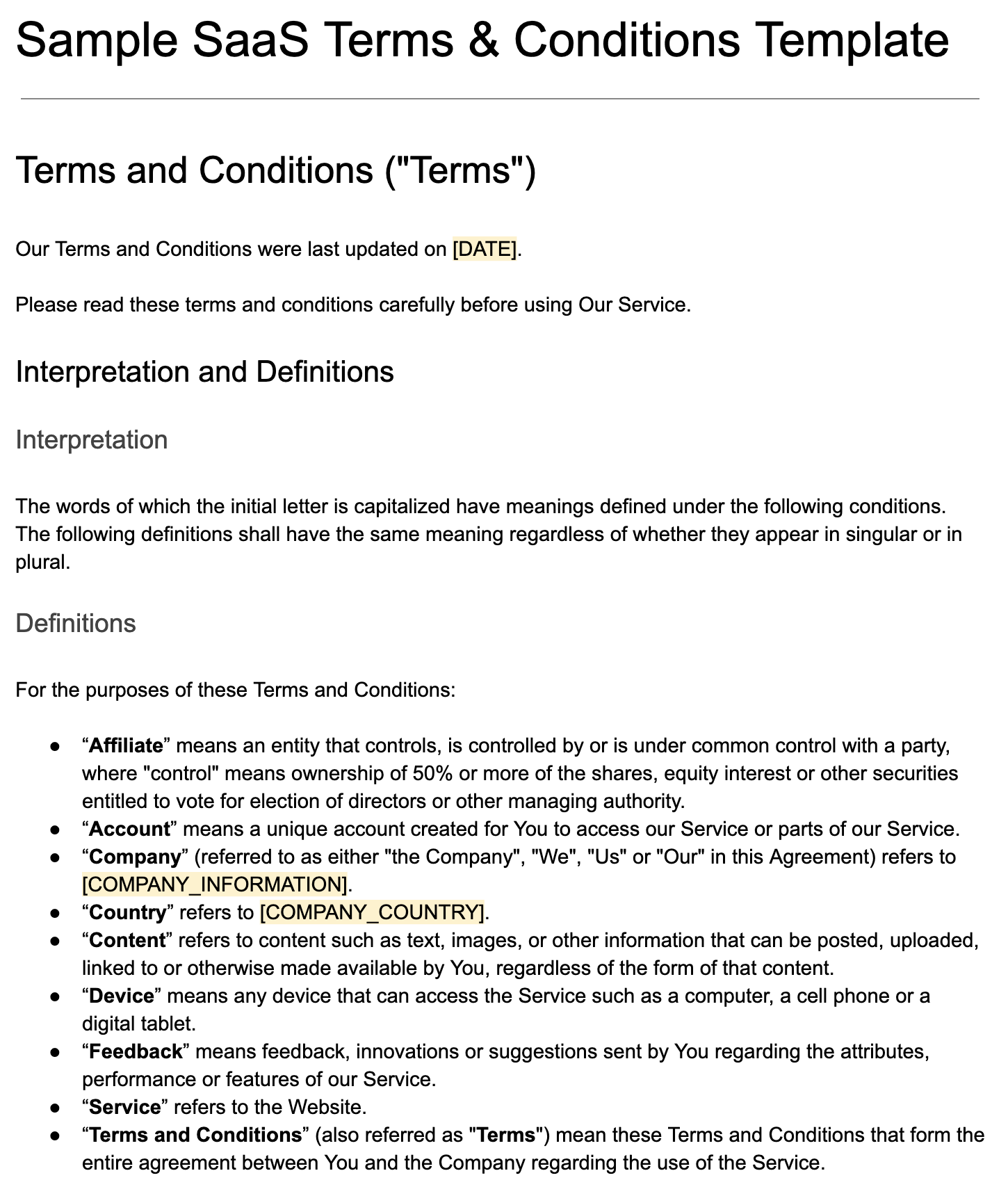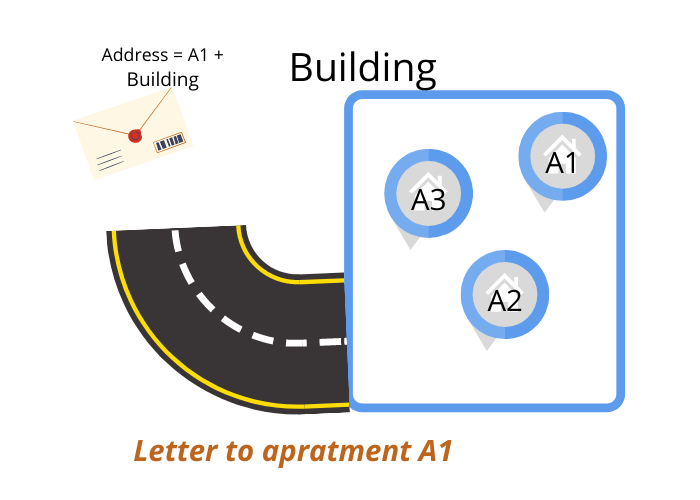
Web Hosting Tutorial Point is an online resource that provides tutorials on many aspects of webhosting, including FTP and cPanel. Its easy-to use interface makes it simple to navigate. You can also ask questions and receive answers from the staff via the forum. Web Hosting Tutorial is a great resource, whether you're just starting out with web hosting or an experienced professional looking for guidance.
Domain name system, (DNS).
One of the most important technologies in the internet is the Domain Name System (DNS). It is a database that maps names to IP addresses. It was created to make it easier for users to access websites and other resources. Before DNS, computers and servers had their own IP addresses. As computers became more connected, this process became much more cumbersome and tedious.
ICANN is a non-profit organization responsible for DNS administration. The fact that ICANN has been connected to one nation does not mean that the system can be considered neutral. DNS queries don't reveal the identity or originator of DNS queries, making it attractive for hackers.

Hosting website
Hosting your website online is a service that allows you to store it on a specific computer. The server hosts your website, and provides many technologies and services to help visitors see it. These services include domain name registration, email service, firewall protection, and email. You can also access tools for building your own website.
The hosting service offers an admin panel for you to manage your website. You can upload files to your site and create it using the cPanel. You'll also need a domain name that points to your hosting server, so you'll be able to identify your site in the internet world.
Datacenters
Datacenters are places where web servers store files that make up a website. These places can impact the speed with which content appears on a user's computer screen. Many hosting providers have more than one data centre located all over the globe. A global network data center network will decrease bandwidth consumption, and increase the speed of web page content delivery. Caching is another benefit to a data center. A caching system stores temporary copies of your website files and can significantly reduce the amount of time it takes for your website to load.
Cost of web hosting
The type of hosting and the company you choose will determine the cost of web hosting. Hosted hosting, which is hosting on a shared server with many other websites, is the least expensive. This typically costs between $12 and $2 per month. You should however consider dedicated hosting if your site requires more control.

A hosting service is required for anyone who wants to host an e-commerce shop or a blog. However, the question of how much should you spend is often more difficult to answer than you might think. You don't want to invest your hard-earned money in something that will not get the results you are looking for. But it is essential to strike the right balance between quality and cost. Choosing the wrong hosting service may have unexpected consequences for your business.
FAQ
How much does it cost for a website to be built?
The answer depends on what you are trying to achieve with your website. Google Sites is a free service that may be available if you only want to publish information about yourself and your business.
However, if visitors are serious about coming to your site, they will be willing to pay more.
The best option is to use a Content Management System, such as WordPress. These programs can be used to build a website quickly and easily without having to know any programming. These sites are hosted by third-party companies so you don't have to worry about being hacked.
Squarespace is another way to create a website. You can choose from a range of plans, ranging in price from $5 to $100 per monthly depending on what you need.
How much do web developers make?
The hourly rate for a website you create yourself is $60-$80. You can charge more if you're an independent contractor. An hourly rate of $150-200 could be possible.
Which website builder should I use?
You can start small and build a solid web presence. If you have the time or resources to create a complete site, do so. If you don't have the resources to build a full-fledged site, a blog may be the best choice. As you learn to develop and design websites, you can always add new features.
You should first set up your primary domain before you begin building your first website. This will give you a pointer to which to publish content.
Can I use HTML & CCS to build my website?
Yes, you can! You will need basic knowledge of web design and programming languages like HTML (Hyper Text Markup Language) and CSS (Cascading Style Sheets). These languages can be used to create websites which can then be viewed by everyone who has an internet connection.
WordPress is it a CMS?
Yes. It is called a Content Management System. A CMS allows you to manage your website content from within a web browser instead of using an application such as Dreamweaver or Frontpage.
WordPress is free! Hosting is included in the price, but you don't need to pay anything else.
WordPress was initially created as a blogging platform, but it now offers many other options such as eCommerce sites, forums and membership websites. Portfolios are also available.
WordPress is easy to install and set up. You must download the installation file from their website and upload it onto your server. Next, simply go to your domain name via your web browser and log into your new site.
After installing WordPress on your computer, you'll need a username and a password. Once you've logged in, you'll see a dashboard where you can access all of your settings.
Here you can add pages and posts, images, menus, widgets and plugins. If you are comfortable creating and editing content, you can skip this step.
But if you'd rather work with someone, you can hire a professional website designer to handle everything.
Statistics
- Did you know videos can boost organic search traffic to your website by 157%? (wix.com)
- It enables you to sell your music directly on your website and keep 100% of the profits. (wix.com)
- In fact, according to Color Matters, a signature color can boost brand recognition by 80%. There's a lot of psychology behind people's perception of color, so it's important to understand how it's used with your industry. (websitebuilderexpert.com)
- It's estimated that in 2022, over 2.14 billion people will purchase goods and services online. (wix.com)
- At this point, it's important to note that just because a web trend is current, it doesn't mean it's necessarily right for you.48% of people cite design as the most important factor of a website, (websitebuilderexpert.com)
External Links
How To
What is website hosting?
Website hosting describes where visitors go when they visit a site. There are two types.
-
The cheapest option is shared hosting. Your website files are stored on a server that is owned by another person. Your customers' requests travel via the Internet to your server when they visit your site. You then receive the request from the owner of the server.
-
Dedicated hosting is the most expensive option. Your website is located on only one server. Your traffic stays private as no other websites can share the same server.
Shared hosting is preferred by most businesses because it's cheaper than dedicated hosting. Shared hosting allows you to have your website run by the company who owns the server.
However, both have their advantages and disadvantages. Here are some key differences between them.
The pros of shared hosting:
-
Lower Cost
-
Easy To Set Up
-
Frequent updates
-
It can Be Found On Many Web Hosting Companies
You can get shared hosting for as low as $10 per monthly. However, this price typically includes bandwidth. Bandwidth refers to the amount of data you can transfer across the Internet. Even if only you upload photos to your blog or website, high-volume data transfers may incur additional charges.
You'll soon discover why you paid so much more for your previous host when you get started. Most shared hosts don't offer any customer support. You'll be on your way after they walk you through setting it up.
You'll want to look into a provider that offers 24-hour phone support. They'll take care of any issues that come up while you sleep.
Hosting dedicated:
-
More Expensive
-
Less is More
-
Requires special skills
With dedicated hosting, everything you need for your website is at your fingertips. You won't have worry about whether your website is using enough bandwidth, or whether it has enough RAM (random-access memory).
This means that you'll spend a bit more upfront. However, once your business goes online, you'll discover that you don’t need as much technical support. You'll be able to manage your servers effectively.
Which Is Better For My Business:
The answer will depend on the type and purpose of your website. If you're selling products only, shared hosting might work best. It is easy to set-up and manage. A server shared with several other sites means that you will receive frequent updates.
If you want to create a community around a brand, dedicated hosting may be the best choice. You can focus on building your brand without worrying about handling your traffic.
Bluehost.com is a web host that offers both. Bluehost.com provides unlimited monthly data transfer, 24/7 support, free domain registration and a 30-day money back guarantee.